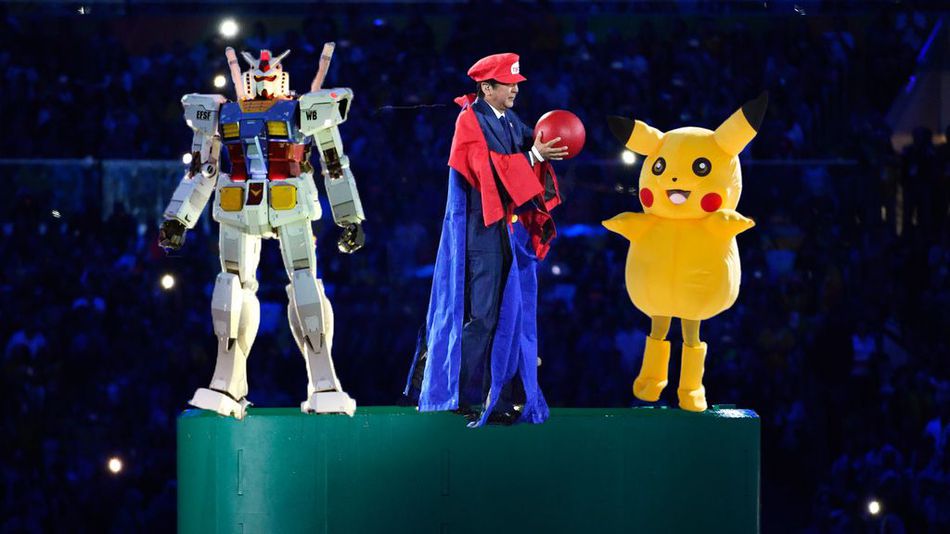-
Tips for becoming a good boxer - November 6, 2020
-
7 expert tips for making your hens night a memorable one - November 6, 2020
-
5 reasons to host your Christmas party on a cruise boat - November 6, 2020
-
What to do when you’re charged with a crime - November 6, 2020
-
Should you get one or multiple dogs? Here’s all you need to know - November 3, 2020
-
A Guide: How to Build Your Very Own Magic Mirror - February 14, 2019
-
Our Top Inspirational Baseball Stars - November 24, 2018
-
Five Tech Tools That Will Help You Turn Your Blog into a Business - November 24, 2018
-
How to Indulge on Vacation without Expanding Your Waist - November 9, 2018
-
5 Strategies for Businesses to Appeal to Today’s Increasingly Mobile-Crazed Customers - November 9, 2018
Olympic flag arrives in Tokyo, host of next Summer Games
AS WE BASK in the glory of Team GB’s success at the Rio Olympics, thoughts are already turning to Tokyo 2020. According to the United Nations, the e-waste should not be viewed simply as a problem, but also as an opportunity.
Advertisement
Instead of importing gold, silver and copper to make athletes’ prizes, officials in Tokyo have floated the idea of recycling.
While the idea strays from the norm of host cities soliciting donations from mining companies, it could make sense for Tokyo, one of the world’s most bustling technology hubs. The proposal was discussed back in June, and Olympic organisers, the government and private companies estimate that there will be enough metal extracted to hand out the medals in the Summer Olympics and the Paralympics.
Overall, the gold in Japan’s electronics is equivalent to 16% of the world’s total reserves. But at the moment, Olympic organizers want companies to come together and think of a good way to collect enough hardware to produce as gold, silver, and bronze medals for Japan 2020. The urban mine is the country’s millions of discarded smartphones and other small consumer electronics.
The plan does face some challenges, however – Japan has not fully implemented a system for collecting discarded consumer electronics, and a 2013 law requiring the recycling of home appliances was not as effective as lawmakers hoped.
A lot of the electronics now collected through the programmes are already being recycled into other products, meaning that more of the electronics Japan’s residents discard each year will need to be collected.
“A collection system should be created by the private sector, and central and local governments should be in charge of publicising such private services”.
Advertisement
“If this public-private co-operation progresses, the collection of electronic waste should also progress”.





























